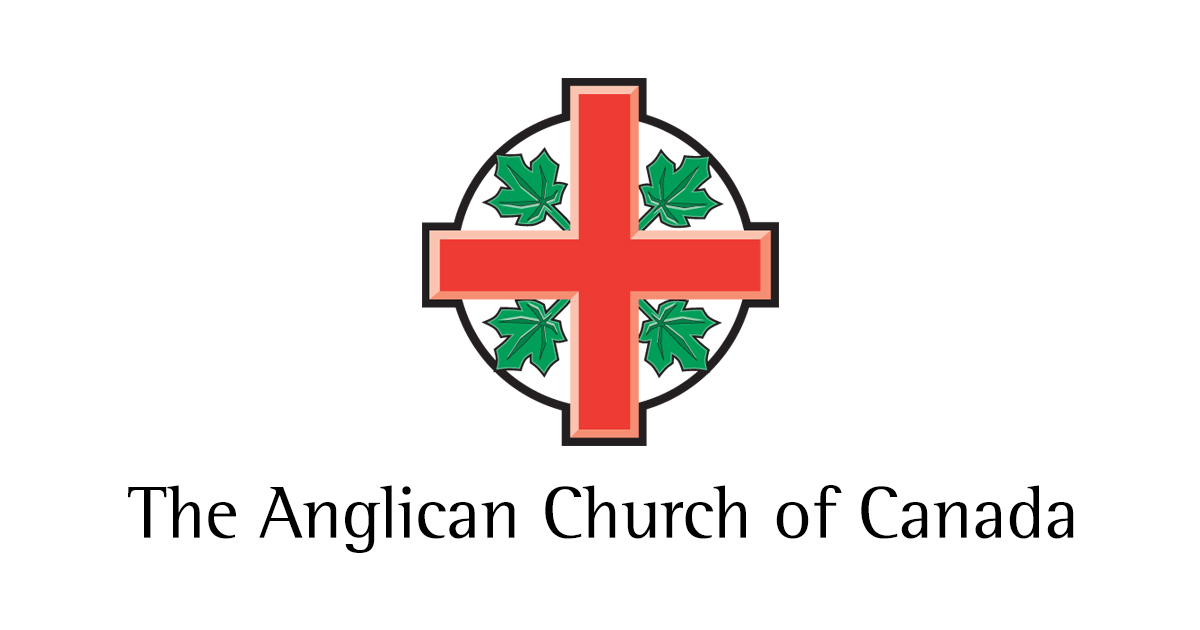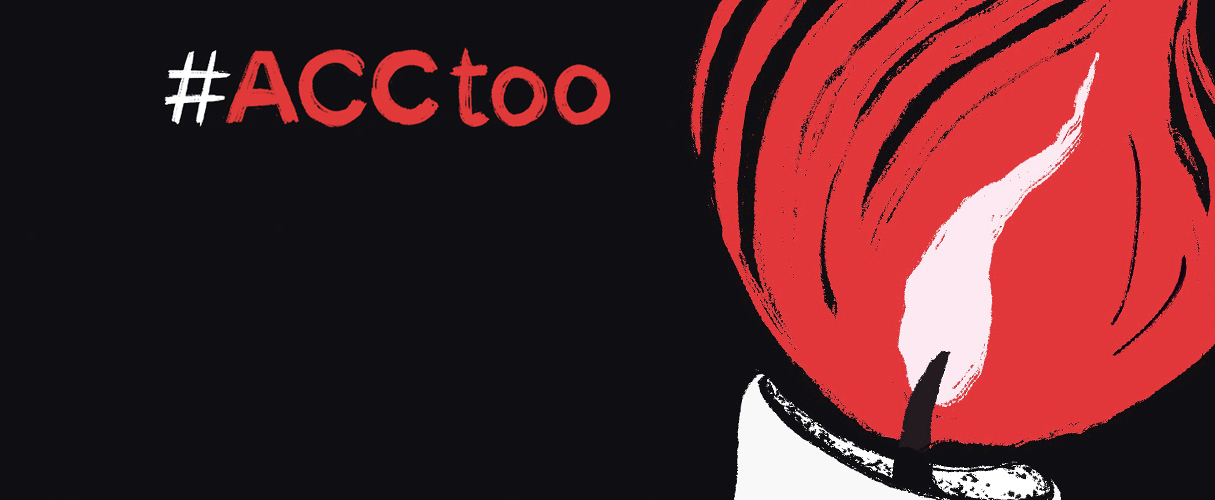
(RNS) — In 2021, Cydney Proctor had spent more than a decade seeking justice for the repeated sexual misconduct she alleges she experienced at the hands of three leaders in the Anglican Church of Canada in the dioceses of Brandon, Ontario, and Nova Scotia and Prince Edward Island beginning when she was 17. For years, she tried to go through formal church channels, reporting the allegations to several bishops and ACC leaders, but had gotten nowhere.
“I didn’t need to name names, but I wanted to do something in my power to change the broken policies within the church and its disciplinary system,” said Proctor, now 31 and living in Nova Scotia.
In January 2021, Proctor began talks with the Anglican Journal — the ACC’s national newspaper — about an article that would share how the church had mishandled her allegations, as well as the allegations of two other survivors.
Not long after, a draft of the story was leaked to the institutions and dioceses implicated in the survivors’ stories.
The breach of trust sparked the creation of ACCtoo, a group of anti-abuse advocates who were stirred by Proctor’s story to take up her cause. On Feb. 17, 2022, ACCtoo published an open letter to ACC leaders asking the church to repent for harming Proctor and the other survivors and asked for signatures. As of Wednesday (March 2), 228 individuals, including a bishop, three archdeacons and a significant number of other ACC clergy, had signed the letter.

Cydney Proctor. Courtesy photo
The Rev. Heather Liddell, rector at St. Peter’s Anglican Church in Edmonton, Alberta, told Religion News Service that her ordination vows meant that not signing the letter wasn’t an option. She pointed to the Anglican Church in Canada’s history of repentance for its Indigenous residential schools as evidence that the ACC is capable of genuine repentance for wrongdoing.
“We are a church that repents and that turns back to God,” said Liddell. “I need us to still be that.”
“Without transparency and accountability, the credibility of the Anglican Church of Canada and the Anglican Journal cannot be repaired,” the letter says.
The Anglican Church of Canada, rooted in the Church of England, was until 1832 the established church of the country. Today its 30 dioceses, which include roughly 360,000 members, according to 2017 data, are part of the worldwide Anglican Communion’s 44 churches. The ACC has long supported the ordination of women, and some of its dioceses have recognized same-sex marriage.
In spring 2021, preparation of the Anglican Journal article was going according to plan. To protect survivors from backlash, Anglican Journal staff agreed that the article wouldn’t name the people or institutions implicated in their stories and would use pseudonyms for two of the three survivors. The newspaper also told survivors they could review the story before publication.
Matthew Townsend was editor of the Anglican Journal at the time. “I thought that we could be of service to church and to victims of sexual misconduct and violence,” he told RNS.
As journalist Joelle Kidd drafted the story, Townsend was on parental leave for the birth of his daughter. It wasn’t until he returned to the office on May 10 that he realized something had gone wrong.
“It appears that at some point, management decided that it was best to fact-check the document by sending it out to these institutions that effectively had been accused of mishandling sexual misconduct allegations,” Townsend said. Someone in the ACC’s General Synod — the staff that operates the national church and convenes its legislative conferences — circulated a draft of the story before it had been approved by survivors, all, to Townsend’s knowledge, without the permission of Anglican Journal staff.
ACCtoo’s open letter, which was drafted with the input of the survivors, says that the circulated draft “was in an unfinished state, and included personal details and email excerpts they had provided as background information that were not for publication.” It also says that information in the draft — together with the list of institutions that received it — “made it possible for the institutions to identify the survivors.”

The Anglican Church of Canada logo. Courtesy image
It had always been a given that the General Synod would be able to review a draft of the story, according to Townsend, thanks to a 2019 decision that made General Synod the Anglican Journal’s publisher and put the ACC director of communications in charge of the journal’s editor.
Proctor said Townsend informed her that the draft could be reviewed by members of the General Synod. “What we didn’t expect was that the draft, without anything back from anybody at all, would be circulated to the bishops in charge of the perpetrators … the legal representation of the dioceses that were involved, the school that was involved,” said Proctor.
Months earlier, a member of the General Synod communications team emailed Tali Folkins, then-acting editor of the Anglican Journal, asking for the names of the dioceses and institutions involved in the story. Later that day, that same communications team member promised Folkins that the article would not be shared outside the General Synod. Redacted versions of these emails were shared with RNS.
According to several sources, members of the Anglican Journal staff felt pressured to share the list of dioceses and institutions with the General Synod, but only did so with the understanding that the story draft would not be shared outside of General Synod.
In early June, both Townsend and Kidd, the author of the story, resigned. “I felt it had become necessary to indicate that I was so concerned about the situation, that as the father of a 2-month-old and with a spouse on maternity leave, I would quit my job,” said Townsend. “So I did.”
At some point, the ACC hired an investigator to review how the draft was shared, but little has been made public about the investigation. While Townsend participated in the investigation and read the final report, he has said he found the report “mostly unsatisfactory.”
Proctor told RNS she was asked to provide input into who was leading the investigation but was never told who was chosen, wasn’t invited to participate and has not seen the final report.

A social media banner for #ACCtoo. Courtesy image
By late summer 2021, Michael Buttrey and Carolyn Mackie, two doctoral candidates at the Toronto School of Theology, had caught wind of what happened, and they founded ACCtoo in response. Their open letter, written with the survivors’ input, was posted on the ACCtoo’s website on Feb. 17. The letter asks that ACC leaders release the investigative report to a representative of the survivors’ choosing, require the resignation of the ACC official responsible for circulating the draft and publish an apology in the Anglican Journal.
The primate and archbishop of the ACC, the Most Rev. Linda Nicholls, responded in a letter on Feb. 18. Nicholls wrote that the “situation” was “primarily a systemic issue” and not the responsibility of any single individual. Nicholls apologized that the “process that unfolded through our actions as an organization did not meet your expectations or the commitment of the reporter.” She offered to meet with survivors to “clarify misrepresentations in the ‘open letter.’”
The primate and the ACC director of communications, Joseph Vecsi, declined to speak with RNS for this story.
Townsend told RNS that in his view, the ACCtoo letter is an accurate description of what happened. “As an Anglican, I am very concerned to see the primate of our church reference misrepresentations made by people who have survived trauma without any clarification on that or any explanation,” he said.
Despite the ACC’s betrayal, Proctor’s appeal to the Anglican Journal may have had its intended effect. “We’ve already had other people reach out to us with their stories,” said ACCtoo co-founder Mackie, “so it is a much broader issue in the Anglican Church of Canada.”
RELATED: ACNA moves forward with investigation amid concerns from survivors and advocates
Another clergyperson who signed the letter, the Rev. Martha Tatarnic, rector at St. George’s Anglican Church in St. Catharines, Ontario, told RNS that she signed for two reasons: She believes Christians are called to stand in solidarity with survivors, and she believes in a church of repentance.
“It was out of love for the church, too, that I signed the letter. I want to see a church that learns, changes, grows and responds,” she said.
FROM THE ARCHIVES: Church of Canada may disappear by 2040, says new report
